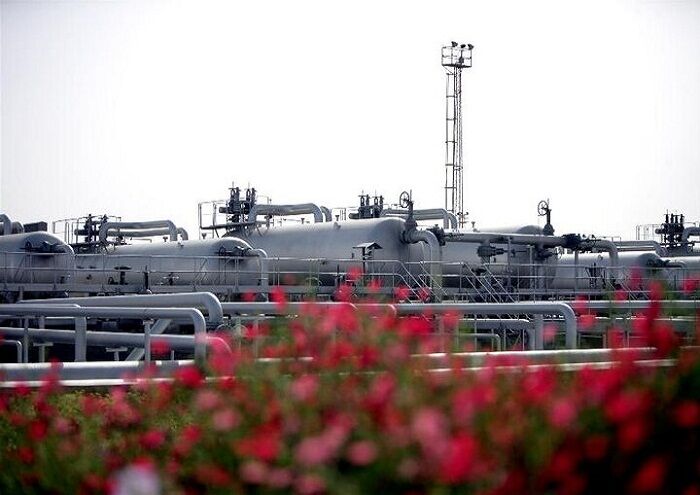The following is the full text of the interview he gave to "Iran Petroleum".
Following the US’s re-imposition of sanctions on Iran’s oil sector, Iranian authorities decided to highlight Iran’s regional energy contribution. How do you assess this issue from the standpoint of a diplomat who has been involved in economic diplomacy at the Foreign Ministry?
As a two-time ambassador to Iraq, I would like to explain about the regional extent of Iran’s energy sector. Iran and Iraq are two neighboring countries with huge oil reserves, both being OPEC founding members. In post-Saddam Iraq, Iran’s policy has been to upgrade cooperation in all sectors including but not limited to political, economic and security domains. Unfortunately, due to the two wars imposed on Iran by Baathist-run Iraq and due to post-Saddam terrorist acts, this country has been faced with many challenges. Islamic Republic of Iran has been supporting a stable and peaceful Iraq through extending economic cooperation. Iraq heavily depends on its oil revenues and its petroleum industry is its main driver. Well mindful of this issue, we look for energy cooperation. Furthermore, Iran and Iraq are two founding members of OPEC and have been instrumental in fateful decisions adopted by the Organization. Iran and Iraq also share oil fields, having required them to develop new capacities for cooperation.
Do you think that Iran has held a strategic view of energy supply to Iraq?
Yes, of course. This policy was highlighted in Iran’s energy diplomacy. We also tried our best to meet Iraqi needs. Holding a strategic and deep view, we moved towards building a gas pipeline. Construction of a pipeline to carry gas from Iran to Baghdad and Basra to power plants in these cities was a strategic action that had to be done.Our efforts were focused on tying the economic infrastructure of the two nations in a bid to overcome threats and increase opportunities. It would not be limited to consumer commodities. Iran and Iraq would also try to put their infrastructure in parallel in a bid to pursue their national interests. This infrastructure may be in the oil, gas and energy sector or even dam building, fiber optics, telecommunications and railroads.
Therefore, the Ministry of Foreign Affairs and the Ministry of Petroleum are trying to tie the economic infrastructure of the two nations in a bid to clear the way for Iran and Iraq to proceed with their diplomacy.
That’s true.The energy diplomacy is the arm of state diplomacy and national security. Therefore, I believe that we did right in deciding to build a gas pipeline to Iraq to meet our neighbor’s energy needs. In doing so, we managed to win a toehold in the Iraqi market. In 2004-2005, we signed other agreements and memorandums with Iraq. However, they have not come to fruition due to budget problems and ongoing political and security developments in Iraq. Of course, US pressure aimed at thwarting these projects may not be easily ignored. Washington does not favor any strong Tehran-Baghdad ties in the political, economic, defense and security domains. Iran and Iraq are trying their best to develop closer ties, taking into consideration the two countries' common interests and threats.
You pointed to the oil reservoirs the two nations share. A major challenge is the impossibility of equal recovery from joint reservoirs under conditions of sanctions. How have you raised this issue with the Iraqi side?
We have no problems with the Iraqis in this regard. The two nations share oil fields. Fair talks have been held between them on this issue. Iranian Ministry of Foreign Affairs and Ministry of Petroleum have followed up on very constructive talks and reached important agreements. Operation of joint fields and even establishment of a joint company was pursued. One issue for the Iraqis was that foreign companies were barred by US sanctions on Iran from joining oil projects. This problem may be resolved by applying new methods. To the dismay of the Americans, we have done great job in Iraq.
Is there any other thing in Iraq’s oil, gas and petrochemical sector to highlight?
Yes, we were involved in Iraq’s refining sector. The public and private sectors both stepped in and decided to re-launch some of the Iraqi refineries that had been shut down amid chaos following the downfall of Saddam. But we are not yet involved practically because of US sanctions and internal political rivalry in Iraq. Fortunately, in the energy diplomacy domain, there is ground for cooperation with Iraq. However, we need a strong economic diplomacy based on which we would set our objectives in cooperation with the Iraqi side and follow up on them firmly.
Interview by Ameneh Mousavi


Your Comment